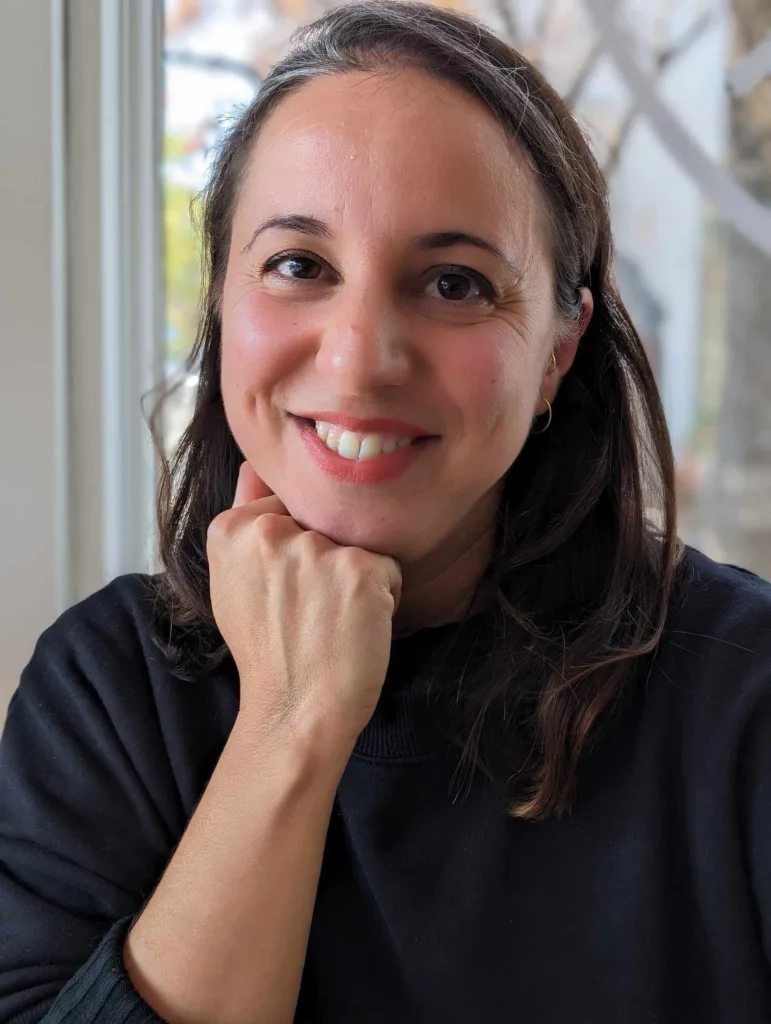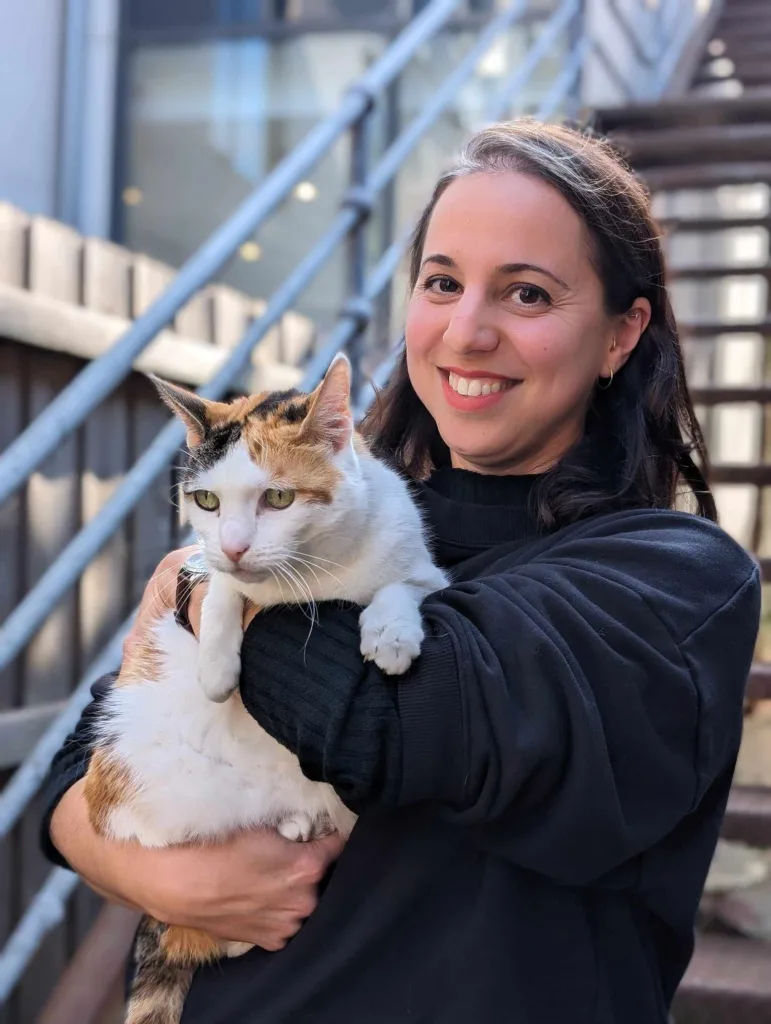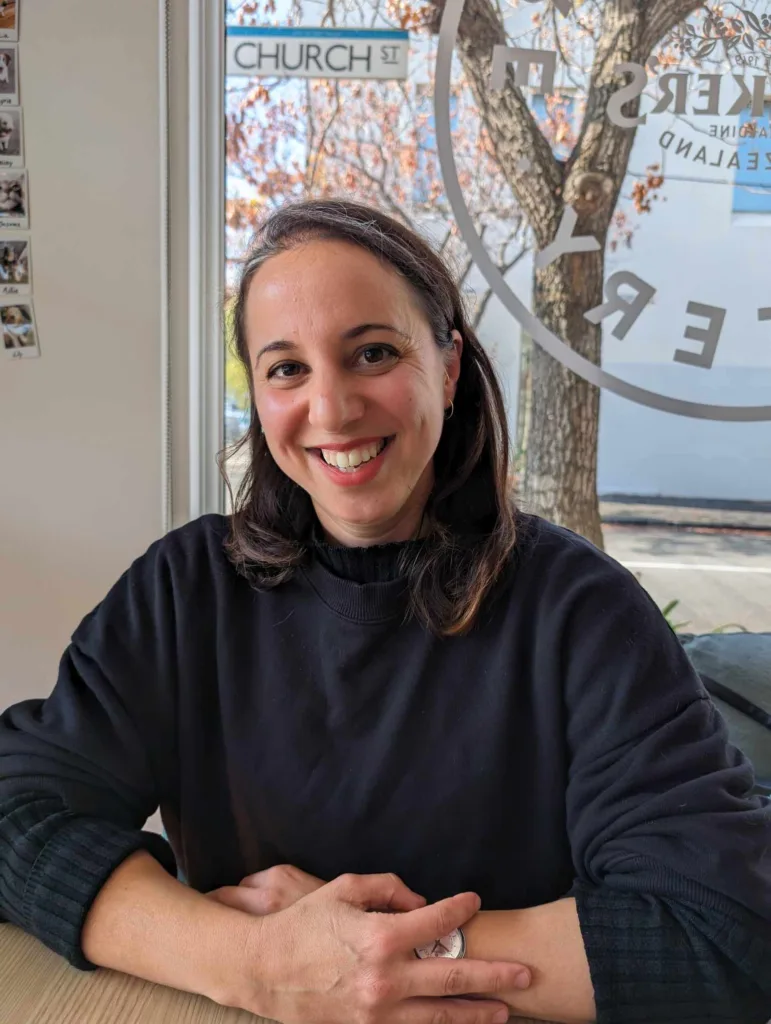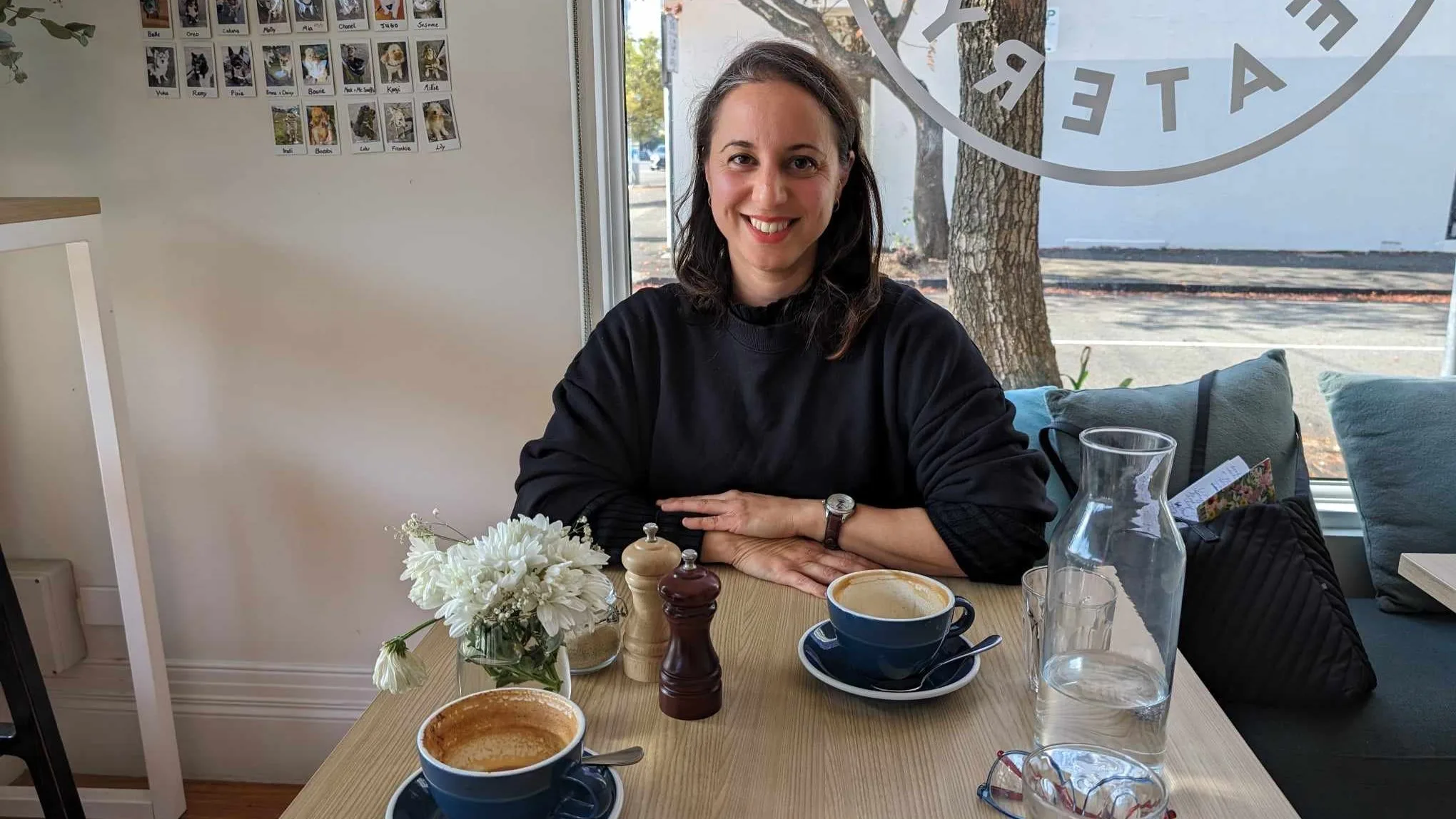Melbourne’s Greek community knows Katerina Stevens for her captivating music gigs at various venues and festivals. But her passion extends beyond music. Katerina, born in Adelaide to parents from Kos and Sparta, is carving a unique path for herself as a newly-minted death doula.
“From the age of 10, I knew I wanted to be a violinist,” Katerina tells The Greek Herald.
Life took her through various roles – a music teacher, a special needs assistant, a student of Buddhism. More recently, she’s embraced the role of death doula, aiming to break down taboos and offer support to those facing death and loss.
Growing interest in doulas
Death doulas are gaining traction, but Katerina has yet to meet a fellow Greek Australian in the field, even though “doula” is a Greek word.
“’Doula’ originally meant ‘slave’ but also carries the meaning ‘to serve’,” Katerina explains. “People are familiar with birth doulas who assist with childbirth. But end-of-life doulas provide non-medical support to terminally ill patients or those experiencing loss from failed IVF to pet bereavement. We are not doctors or nurses, I stress this, just advocates.”
This support, she adds, can be “practical, spiritual or emotional.”
“I may directly help a person diagnosed or their loved ones. It’s flexible and can extend to working with their friends and family, and even palliative care teams,” she says.

Respecting individuality
Katerina emphasises that death is a personal experience. As a death doula, she advocates for individuals at their most vulnerable. Being Greek Australian herself, she understands the cultural nuances surrounding death, grief, and the role of the Greek Orthodox Church.
“Regardless of our own beliefs, it is important to respect the wishes of the dying,” Katerina says. “A ‘good death’ looks different for everyone, and voluntary assisted dying legislation has added another layer.”
Her role as a death doula is to ensure people have the death they envision. She is also interested in offering those left behind an opportunity to grieve.
Life’s meaning through death
Katerina believes facing mortality can enrich life. She also acknowledges the limitations of Elizabeth Kubler-Ross’ model with its seven stages of grief.
“Grief has no set timeline,” she says. “The saying ‘time heals all wounds’ isn’t entirely accurate. More recent studies show that grief can alter our identity as we grow around it and shape who we are. If left unaddressed it will express itself in other ways through symptoms like disturbed sleep and brain fog.”
She highlights ‘disenfranchised grief’ where societal dismissal intensifies pain. Her own experience with failed IVF and pet loss fuelled her search for healing.

Healing when you’re Greek
Within the Greek community, pet loss might be trivialised and adds guilt to the sense of loss. In cases of failed IVF, well-meaning comments like “you can try again,” “adopt” or shared stories of “miracle babies” to women who had lost all hope can add to the hurt.
“People say things that are unhelpful, and that is why it is beneficial to share grief with those who understand it,” Katerina says.
Her group, “Women over 40 who are childless not by choice,” fosters connection among women who share similar experiences. Through monthly meetings, they share their pain and find rituals for healing and closure.
“When someone dies, we have funerals,” Katerina says. “But how do we say goodbye to an unborn child, a relationship that has broken down, or a pet? Memory boxes, poems or artworks are rituals to help acknowledge these losses and pay tribute to the death can help.”
She acknowledges her own struggles, openly sharing the depth of her grief and need for emotional rewiring.

Talking about death
Katerina, a former Lifeline Australia volunteer, understands the power of open communication.
“Callers would share things with me that they wouldn’t with their families because it is easier sometimes to speak more openly with a stranger,” she recalls.
Building on this, she is in the process of launching a “death café.”
“Death cafes are open spaces where people gather for conversations about death, often over tea and cake,” she explains. “I am looking for a safe and respectful environment to create one, a place where people can share their thoughts and feelings.”
A Swiss initiative, Death Cafes were first launched in 2004 to offer connection and kinship, breaking through the loneliness of grief. No judgement. No strings attached.
One thing Katerina has understood through her own grief and exploration of death is that it is part of life.
“People share stories with me, sometimes at my music venues, and you never know what is going on beneath the surface,” she says, pointing to all those who “silently suffer.”
She remembers her own grief.
“That’s why I became a death doula, to help myself. As a byproduct I have helped others and that is a bonus,” she says.
Katerina Stevens’ ‘death café’ and group, ‘Women over 40 who are childless not by choice’ are open to all. Contact Katerina by email at stevens.katerina@gmail.com
